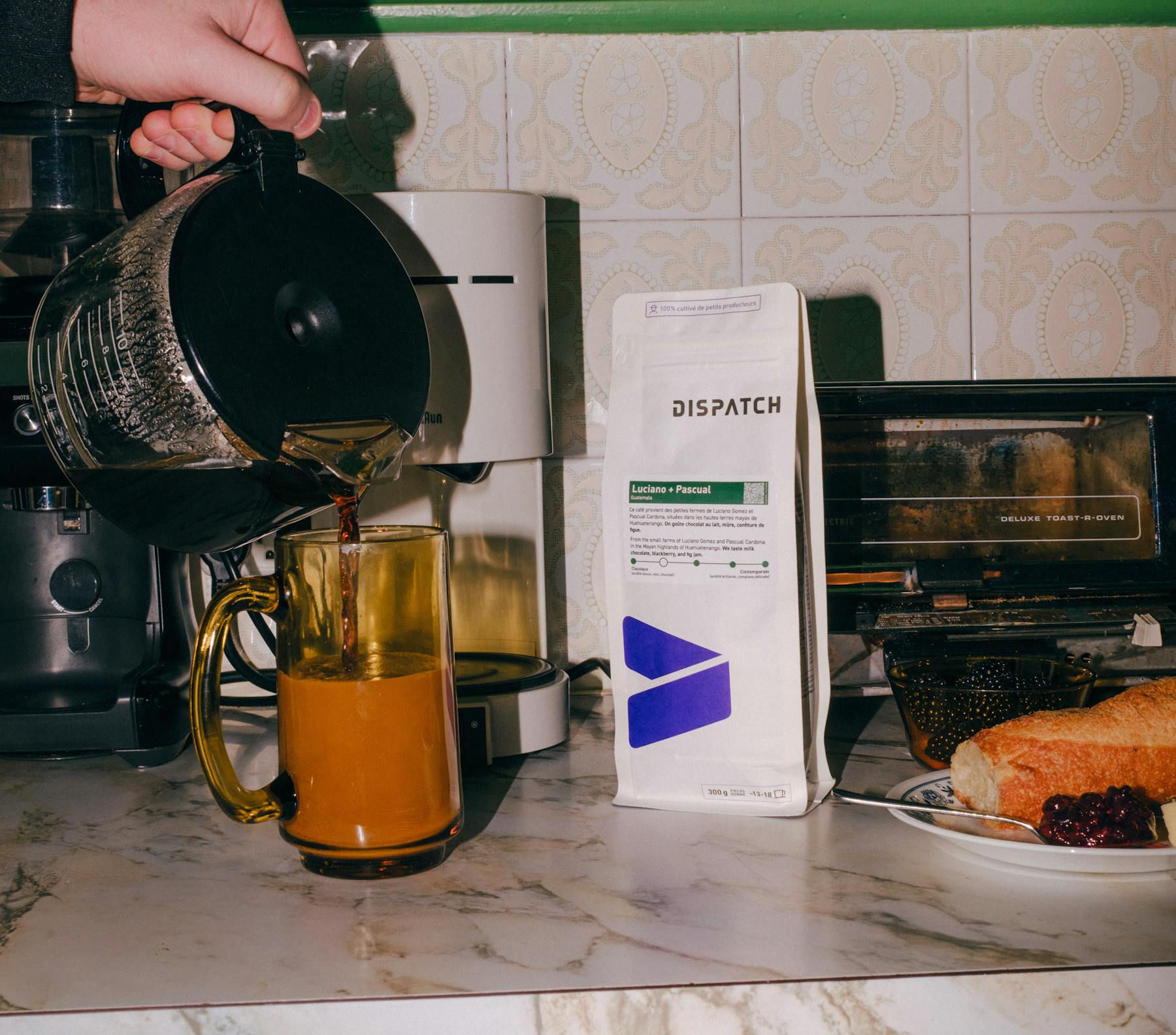Story
This new single-origin microlot blend of organic Caturra, Bourbon, Catimor, and Pache was grown by just two seasoned producers — Luciano Rafael Gomez (aged 47) and Pascual Marcos Cardona (aged 67) — in Concepción Huista, high in the Huehuetenango region of Guatemala. Luciano and Pascual are native speakers of Popti' (aka Jakalteko), one of Guatemala's 22 official Mayan languages, and are members of the local co-op CODECH (Coordinadora de Organizaciones de Desarrollo de Concepción Huista), representing nearly 500 Mayan-branch descendent small farmers. In the cup we taste milk chocolate, blackberry, and fig jam.
This region is producing some of the best Fair-Trade specialty coffee in the country, and CODECH is largely to thank for that effort. Aided by our long-standing partner Atlas, whose investments helped the already high-quality co-op level up the traceability and quality of their members’ coffees, they now regularly export single-origin and single-farm microlots. CODECH’s training sessions and community operations have helped both older generations (like Luciano and Pascual) and younger farmers adapt and strengthen their production and harvest of cherries.
It’s no surprise that Huehuetenango coffees naturally sweetened by berries and stone fruits also deeply reflect the well-suited conditions of the Sierra de los Cuchumatanes, the highest altitude range in Central America. For all the attention volcanic soils get, this region’s porous clay soil is rich in nutrients and drains rainfall super effectively. The distinct “tropical highland” biomes here result from the clash of cool air at elevation with warmer currents blowing from the Gulf of Mexico, which also prevents frost build-up. Daylight sun develops sugar concentration in coffee plants, while chilly nights help to contain their acidity.
The Guatemalan coffee market is projected to hit $1.9 billion USD by 2032. This growth is not only correlated to global consumer demand for exotic, terroir-laden premium coffee tastes, but a heightened preference for environmentally friendly practices, ethical labour recognition, and increased traceability. All of which is embodied in the Guatemalan approach to production and distribution, and Fair Trade Organic certified co-ops like CODECH help turn higher demand and prices into better income for farmers, with more resources flowing to communities.
That said, this is our first import caught in the middle of Trump’s tariff war, meaning a higher cost for us that doesn’t readily trickle back to producers. Thankfully, Luciano and Pascual yielded a significant harvest of parchment in 2024 (14 sacks from <1 hectare of land, and 62 from 1.75 hectares respectively). This washed lot was sun-dried on patios, and processed with elegance for your enjoyment.











